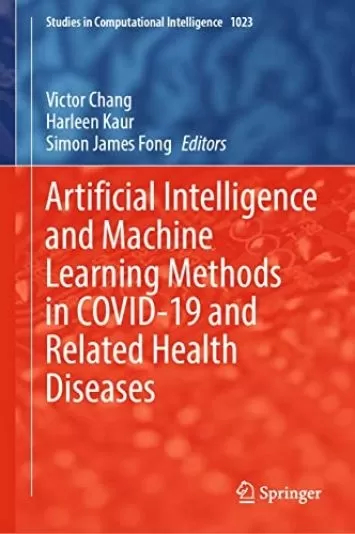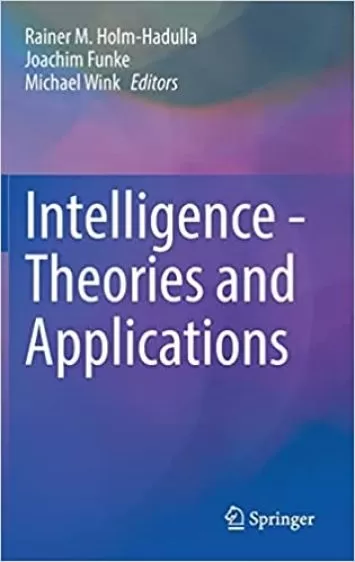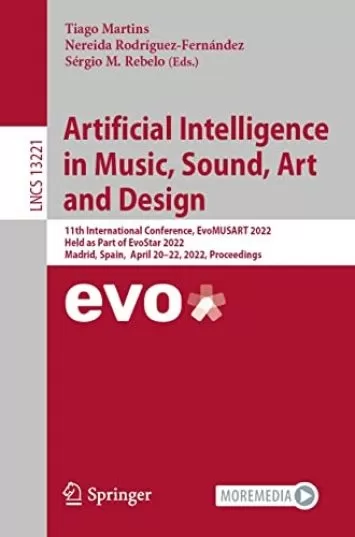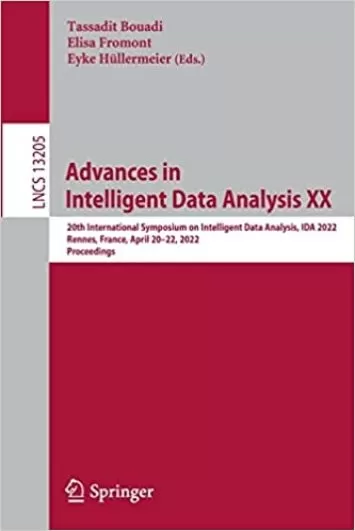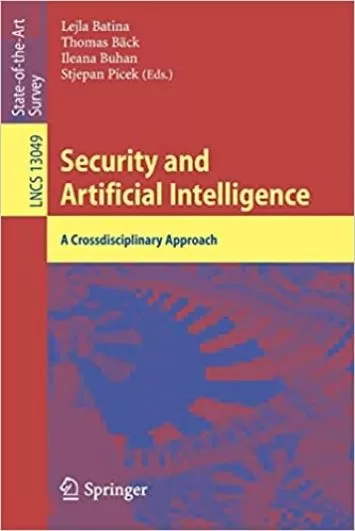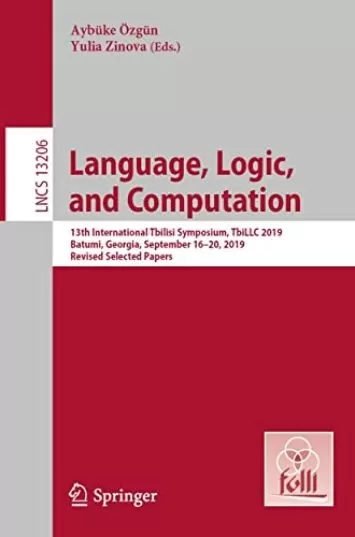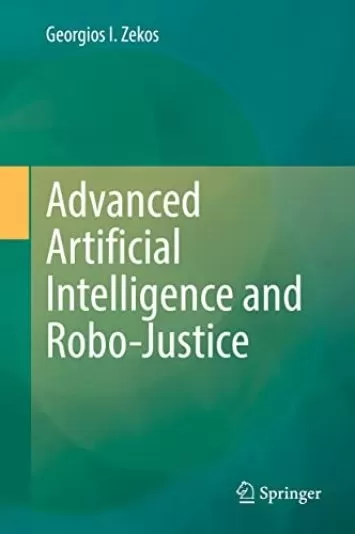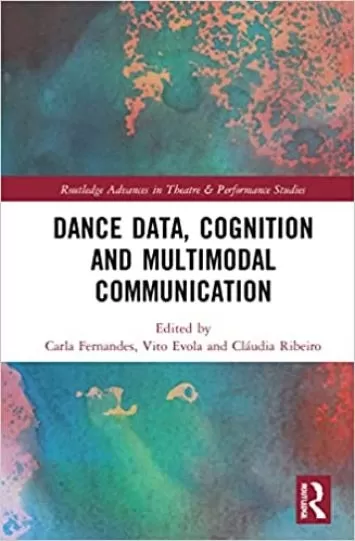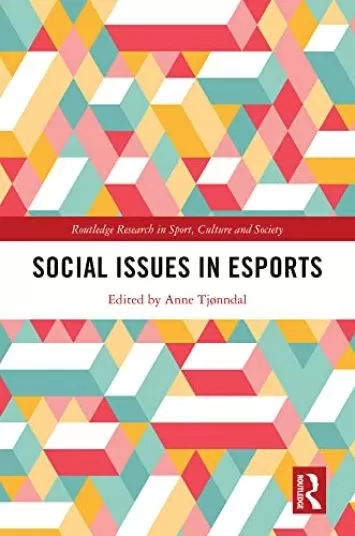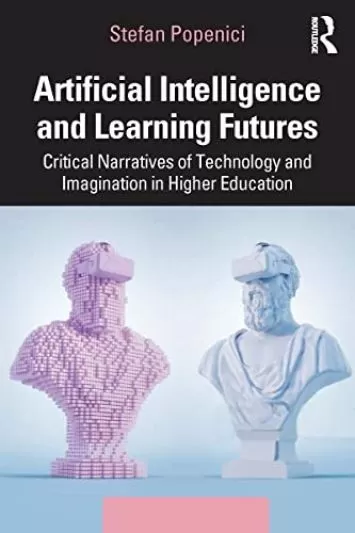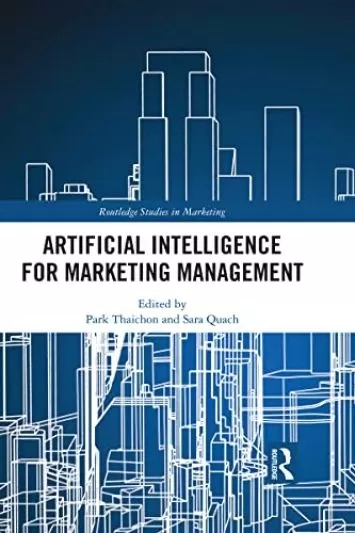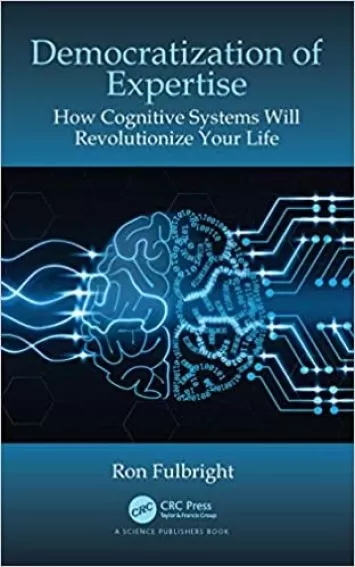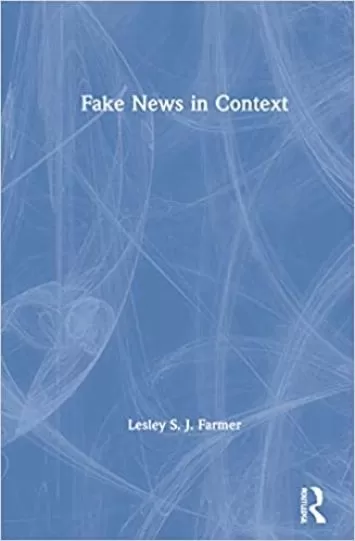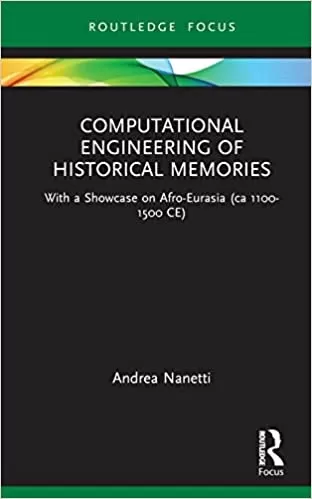
Review
Dr. Nanettis research reimagines history in the golden age of AI. Computational history is not simply a stagnant past or the point of departure for an impending future but the anywhere door for other realities.
Dr. Chin-Yew Lin, Senior Principal Research Manager of the Knowledge Computing Group at Microsoft Research, Beijing, PRC.
Sitting at the intersection of history, computer science, media studies, and philosophy, Nanettis work justifies and maps a way forward for historians grappling with the implications of the digital turn. Computational methods offer solutions to obstacles of language and culture, not just those that separate regional scholarly traditions, but also those that separate academic scholarship from the public sphere. Put into practice in the Engineering Historical Memory platform, his ideas show the promise of digital approaches for expanding, rather than just streamlining, the production of historical knowledge.
Dr. Adam Kosto, Professor, Department of History, Columbia University, New York, USA.
Professor Nanetti has compiled a beautiful book demonstrating a vital step towards bringing traditional expert-intensive inquiries in historical materials and engineering tools and practices together into an integral system. This must-read book lays the groundwork for enabling machines to work with historical materials, leveraging extensive digital resources, including datasets and models in engineering and humanities. The book and its realization as interactive applications, the Engineering Historical Memory, will be the essential resource for anyone interested in designing and building engineering systems that can empower researchers in humanitiesand engage a broad audience in the general public. In a world with countless AI applications powering our daily life, this book showcases how we could work together to integrate new engineering technologies and historical materials and create powerful interactive systems encoding human experiences in the long term.
Dr. Yao-Yi Chiang, Professor of Computer Science and Engineering, University of Minnesota.
Computational Engineering of Historical Memories is a particularly timely book digital humanities is currently in danger of dissipating into a number of digital sub-disciplines. Andrea Nanetti introduces a suite of techniques to help understand global human history and then demonstrates how his approaches can be applied through some practice-based research. Professor Nanettis vision is to make historical memory machine-understandable and, ultimately, to turn history into a computational discipline. This is nothing if not revisionist and I commend this book for its ambition.
Roger Kain FBA, Professor of Humanities, School of Advanced Study, University of London, UK.
About the Author
Dr. Andrea Nanetti is an award-winning and internationally recognised expert in Digital Humanities. He has carried out trailblazing research in Europe, the United States, China, Africa, and South-East Asia for over 30 years. Since 2013, he has been a Professor at Nanyang Technological University, Singapore. Using the history of Venice as contextualised within late medieval Afro-Eurasian trade systems, he achieved international standing within a broad research spectrum that spans from critical editions of primary historical sources to computational applications and web-based media. As a result, several worlds top-level institutions, including Harvard University, Princeton University, Shanghai Jiao Tong University, Brown University, Johns Hopkins University, and Ca Foscari University of Venice, invited him to be a visiting fellow.






